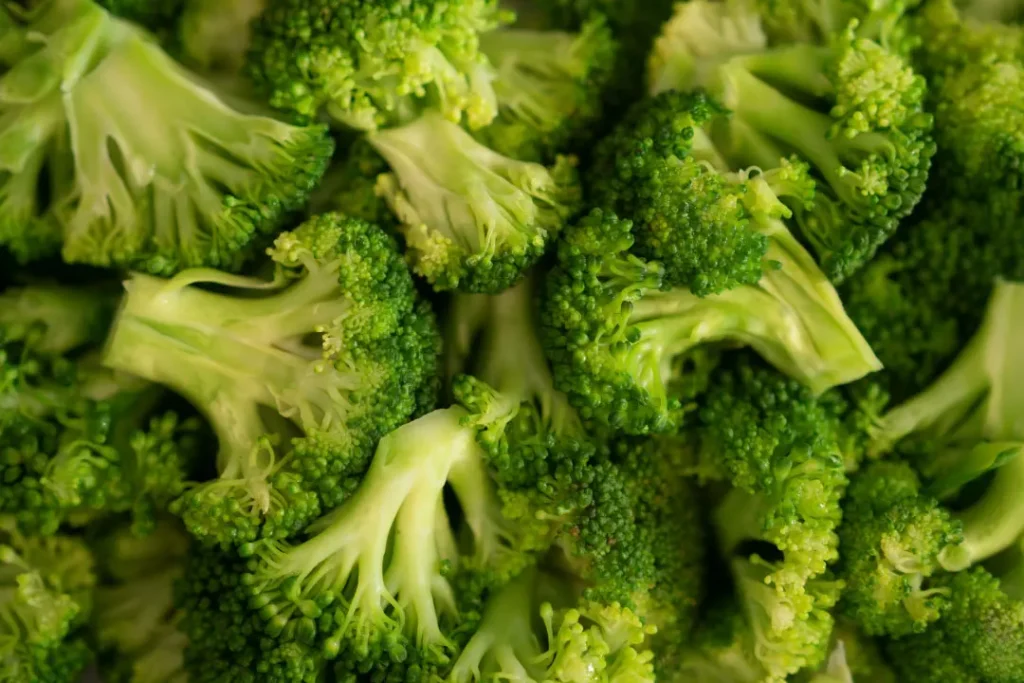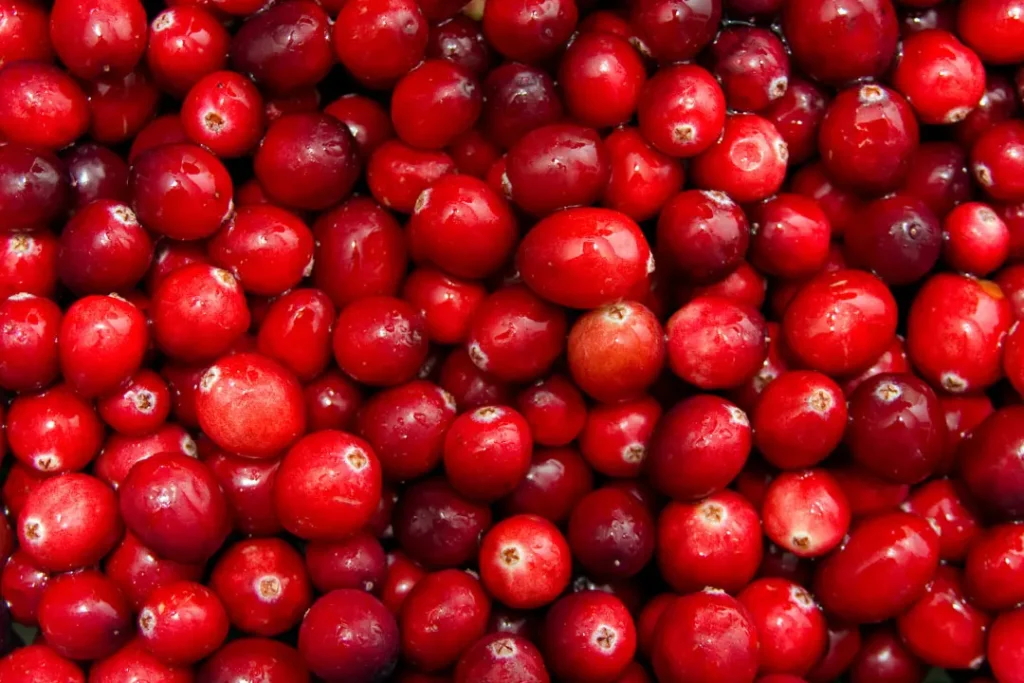There is no one-size-fits-all best diet for autoimmune disorders. However, some dietary patterns have shown promise in managing symptoms and reducing inflammation. We’ll explore the major factors to take into account when planning your diet.
An autoimmune disorder is a condition in which the body’s immune system mistakenly attacks and damages the body’s healthy cells, tissues, or organs. Normally, the immune system is designed to recognize foreign substances, such as bacteria or viruses, and protect the body from them. However, autoimmune disorders cause the immune system to fail to distinguish between helpful and harmful substances, leading to an immune response against the body’s own cells.
Some of the most well-known autoimmune disorders include multiple sclerosis (MS), cancer, Hashimoto’s, Lupus, rheumatoid arthritis (RA), diabetes, Sjögren’s syndrome, and Alopecia areata. Inflammation, pain, and low energy are common symptoms associated with autoimmune conditions.
Many autoimmune disorder treatment plans focus on the management of symptoms, and potential cures for autoimmune disorders are under-researched and considered more experimental than effective. However, most healthcare professionals support the importance of diet in managing the symptoms associated with autoimmune disorders.
You May Also Like:
Recipe for a Healthier Brain: 5 Key Ingredients
When considering the best diet for autoimmune conditions, the characteristics of each condition play an important role. Certain foods which show promise in reducing inflammation may be less effective depending on the pre-existing condition. There are around 80 different autoimmune disorders, so it’s important to research the specifics to come to a complete understanding of the best diet for autoimmune conditions. Keep reading for our review of some of the best foods to incorporate into your diet if you suffer from an autoimmune disorder.
What’s The Best Diet for Autoimmune Disorders? Foods You Need to Know is an original (NewsHealthWatch) article.
The best diet for autoimmune disorders:
Broccoli
The first food to integrate into your new diet for coping with autoimmune issues is broccoli. This dark green vegetable is full of minerals and compounds which can help support thyroid function, detoxify the body, and reduce inflammation. A study published by the National Library of Medicine reports that daily ingestion of broccoli sprout extract can help support thyroid function. This can be especially helpful concerning autoimmune conditions like Hashimoto’s disease, which is characterized by an over-active thyroid.

The best diet for autoimmune disorders:
Cranberry
Another great food to add to your autoimmune diet is cranberry. This juicy red berry can help reduce inflammation, lower blood sugar, and support gut health. A study conducted by Nutrition Journal concludes that cranberry juice “decreases disease activity and therefore has beneficial effects for RA (rheumatoid arthritis) patients.” Cranberry can help reduce the inflammation caused by RA while supporting digestive health.

The best diet for autoimmune disorders:
Apple
Apples may be a great food to integrate into your autoimmune diet. This fruit is full of flavonoids that support gut health and help to grow good bacteria in the stomach. A study conducted by the Padjadjaran Journal of Dentistryconcluded that “apple juice can prevent further damage and repair damages in liver cells.” The liver, as one of the filters of the digestive system, is often affected by and involved in systemic autoimmune disorders.
The best diet for autoimmune disorders:
Rosemary
Various herbs are worthwhile to incorporate into an autoimmune diet. One of the most well-researched is rosemary, which is an easy-to-grow herb that may support brain health. It is also rich in potassium and low in sodium. Rosemary has been used for centuries because of its powerful antioxidant and anti-inflammatory effects. According to Frontier Immunology, the carnosol found in rosemary has “strong antioxidant, anti-tumor, anti-viral, and especially anti-inflammatory properties.” These properties can help to support the central nervous system, which is attacked by autoimmune conditions like MS and neuromyelitis optica.

The best diet for autoimmune disorders:
Carrot
Carrots are another important food to include in your autoimmune diet. Research shows that carrots are high in choline and vitamin A, which makes them valuable in an autoimmune-fighting diet. Rich in flavonoids, carrots are anti-inflammatory, antioxidant, and neuroprotective and can help to reduce platelet activity. Furthermore, their anti-inflammatory and antioxidant properties may help to modulate the immune system, successfully treating autoimmune disorders by decreasing inappropriate immune responses that would lead to the destruction of healthy tissue. Additionally, carrots may help manage symptoms associated with cancer and MS.

The best diet for autoimmune disorders:
Foods to avoid
While there are many healthy foods you can integrate into your autoimmune diet, there are also some you should avoid. Gluten is one of the most important foods to avoid, as it can make many autoimmune conditions worse. Foods that contain significant refined sugar and/or salt can increase inflammation, negating the anti-inflammatory effect of the diet. Some examples include ice cream, cake, and candy. Additionally, foods that are highly processed, like hot dogs and cold cuts, or genetically modified often contain additives that can trigger autoimmune symptoms.
A clean-label, plant-based brand that can help you craft your diet
Integrating all the foods previously mentioned into a diet while avoiding additives or gluten can be tricky. Nuzest, an Australia-based nutrition company, offers plant-based, clean-label powders packed full of ingredients to help you create the best diet for autoimmune disorders. Their Good Green Vitality blend contains over 75 ingredients, each selected to help boost vitality, support immunity, and enhance daily function. It contains all the beneficial foods previously discussed, including carrot, apple fiber, rosemary extract, broccoli sprout, and cranberry.
Nuzest caters to people with allergies and dietary sensitivities and strives to produce products that do not contain any popular allergens. Their products are all gluten and lactose-free, organic, ethically sourced, and non-GMO.
According to Trevor Bolland, founder and CEO, “Good nutrition has been [Nuzest’s] starting point since way back in 2010.” The company began when Monique, Bolland’s daughter, was diagnosed with MS. Unsatisfied with Monique’s prognosis, the Bollands “turned a diagnosis into a directive to help others.”
The best diet for autoimmune disorders:
Do what you can
Whether you purchase a nutrient-packed powder blend or eat vegetable-packed meals every day, choosing the right foods can be help manage autoimmune conditions. When one is dealt with a bad diagnosis, lifestyle changes can help to instill a sense of control. Prioritizing what you can change when faced with a life-altering condition is not only pertinent to your health but wise. Considering the significant research that demonstrates how your diet can help with symptom management, it is certainly worth the effort.
Further Reading:
Journal of Restorative Medicine: Thyroid Autoimmune Disease
LWT- Food Science and Technology: Nutrition and Immunity
Experimental and Therapeutic Medicine: Significance and Impact of Dietary Factors on Systemic Lupus Erythematosus Pathogenesis (Review)
Scandinavian Journal of Immunology: Immunomodulatory potential of flavonoids for the treatment of autoimmune diseases and tumour
Bioactive Food as Dietary Interventions for Arthritis and Related Inflammatory Diseases: The Potential of Plants of the Genus Syzygium (Myrtaceae) for the Prevention and Treatment of Arthritic and Autoimmune Diseases
Important Note: The information contained in this article is for general informational purposes only and should not be construed as health or medical advice, nor is it intended to diagnose, prevent, treat, or cure any disease or health condition. Before embarking on any diet, fitness regimen, or program of nutritional supplementation, it is advisable to consult your healthcare professional in order to determine its safety and probable efficacy in terms of your individual state of health.
Regarding Nutritional Supplements Or Other Non-Prescription Health Products: If any
nutritional supplements or other non-prescription health products are mentioned in the foregoing article, any claims or statements made about them have not been evaluated by the U.S. Food and
Drug Administration, and such nutritional supplements or other health products are not intended to diagnose, treat, cure, or prevent any disease.

